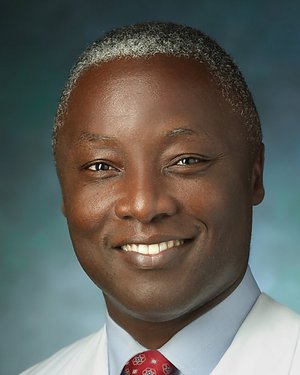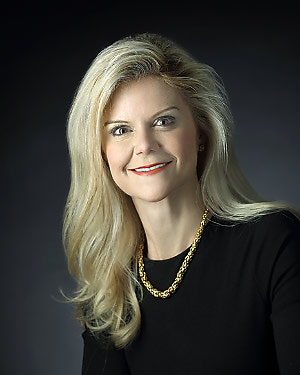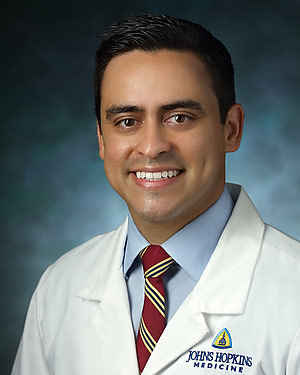Treatments and Procedures: Chemical Peels
A chemical peel is a cosmetic procedure used to minimize the appearance of fine lines, acne scars, wrinkles and discoloration. During your initial consultation, one of our experts will assess your skin type and discuss which type of peel may be best for you.
Chemical Peels: Before and After Pictures
Chemical Peels: Why Choose Johns Hopkins Facial Plastic and Reconstructive Surgery?
- The Johns Hopkins Center for Facial Plastic and Reconstructive Surgery offers several different chemical peels, from “lunchtime peels” that require little if any downtime to stronger peels that can address deep wrinkles and folds in the facial skin.
- Our experts will ensure that you get an individualized approach based on your objectives and preferences.
- Your treatment includes a professionally developed skin care regimen to prepare your skin and facilitate optimal healing.
Chemical Peels: What to Expect
During your treatment, one or more chemicals are applied to your skin and allowed to soak in. Over the next one to 14 days the treated skin peels off, revealing the new skin growing in place.
The depth of the peel and your recovery time depends on:
- Type of chemical peel
- Number of coats applied the skin
- Duration of treatment
Deeper peels provide more dramatic results but require more down time and may involve more risk or discomfort. Our experts will discuss what you can expect and how to manage any discomfort after your chemical peel with topical analgesics, cooling fans and medications.
After your procedure, your physician will provide care instructions [link to pdf] to prevent infection and ensure the best result. These may include:
- Using a cool compress
- Avoiding extreme temperatures
- Applying an ointment to the skin
- Avoiding sun exposure and using sunscreen
Our Physicians
Facial Plastic and Reconstructive Surgery: Johns Hopkins | Q&A
Lisa Ishii, M.D., a Johns Hopkins facial plastic and reconstructive surgeon, answers frequently asked questions about facial cosmetic and reconstructive surgery. She provides information on when and why you should consult a facial plastic surgeon and what you can expect at your first appointment.







